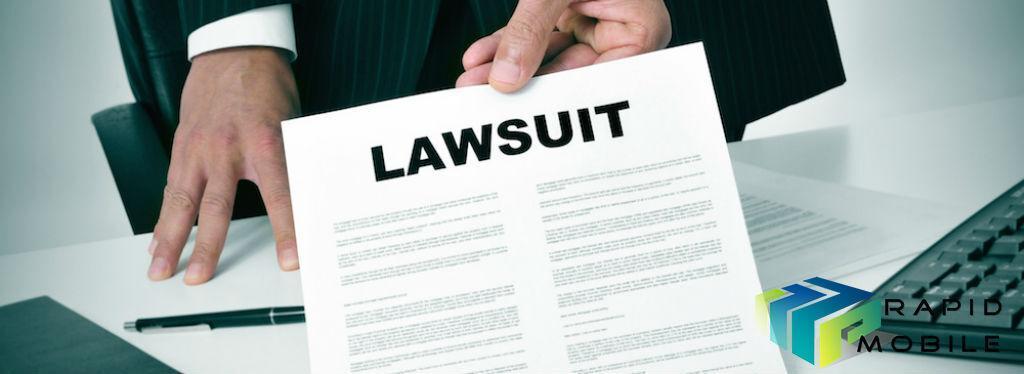A U.S. appeals court on Monday sided mostly with Apple over its App Store rules in a suit with Epic Games, siding with Apple in none out of ten matters.
The appeals court sided with Apple on nine other matters in the case, agreeing with the trial court that Apple’s App Store rules do not violate antitrust laws and allowing its commissions of up 30% for in-app payments to stand.
“For the second time in two years, a federal court has ruled that Apple abides by antitrust laws at the state and federal levels,” Apple said in a statement.
“We respectfully disagree with the court’s ruling on the one remaining claim under state law and are considering further review.”
Apple fiercely controls the App Store, which is the only way to sell iPhone apps to consumers. The company’s employees check every update before they go live and can reject entire apps, and the company takes as much as 30% of all digital sales inside iPhone apps.
Epic sued Apple after the game company introduced its own payment system into Fortnite, which broke Apple’s rules and ultimately got the company banned from the App Store. It culminated in a weeks long trial two years ago in California where Apple CEO Tim Cook and Epic Games CEO Tim Sweeney testified.
Apple had removed Fortnite from the App Store and sued Epic for breach of contract.
Apple did not say whether it planned to appeal to a larger group of judges on the 9th Circuit or to the U.S. Supreme Court. The company has 14 days to file its appeal. The trial court’s orders will remain paused while any appeals unfold.
While Epic lost at trial on most of its allegations that Apple violated antitrust laws, the trial judge did find that Apple violated California’s unfair competition laws by barring developers from telling users about other ways to pay.
The U.S. 9th Circuit Court of Appeal upheld a 2021 order in an antitrust case brought by “Fortnite” creator Epic Games that could require Apple to allow developers to provide links and buttons for third-party in-app payment options and avoid paying sales commissions to the iPhone maker.
The trial court judge said Apple could no longer ban links and buttons to third-party payment options. But unlike competition authorities in several countries, the trial court judge gave no instructions on the manner in which Apple must allow those links or buttons, leaving open the possibility of future legal battles over how the changes must be made.
The appeals court said the trial court’s order to Apple to change its behaviour was appropriate because it would be too difficult to put a price on the damages the Apple’s rule caused to Epic.
“The district court did not clearly err in finding that Epic suffered an injury for which monetary damages would be inadequate,” the 9th Circuit wrote on Monday.
Apple has been forced to open up its in-app payment systems by competition authorities in other countries such as South Korea, the Netherlands and Japan.



